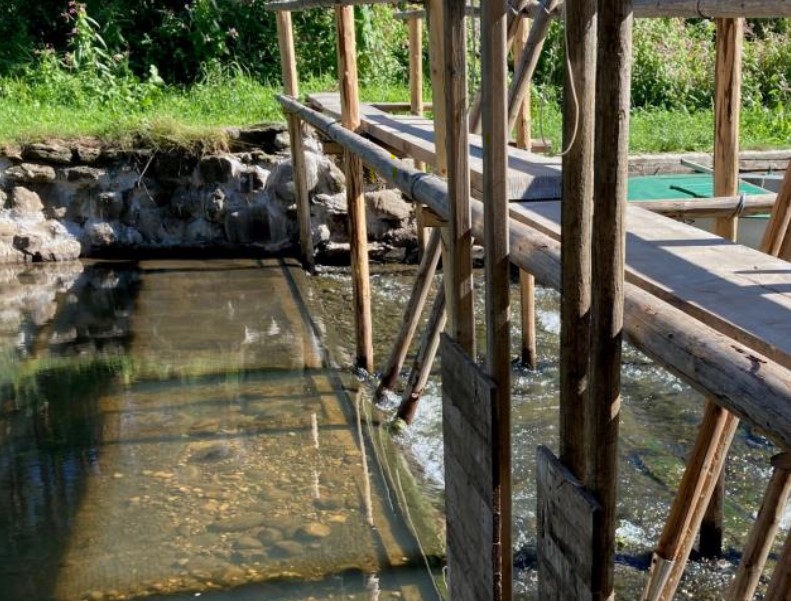
Policy brief on TEK
Maintaining Traditional Ecological Knowledge of Fisheries in Europe - A Policy Brief in the CHERISH Project
The main objective of CHERISH is to improve regional development policies to protect and promote cultural heritage in fishing communities in order to boost attractiveness of these regions for businesses, citizens and tourists.
Fishery communities in the EU share the same challenges with regard to climate change, tourism pressure and the transformation of the European fishing industry. The EU recognizes the valuable role of their cultural heritage for sustainable development and stimulates increased efforts to better position and profile the fishing communities, including it’s intangible heritage, like myths to daily practices, traditions, ecological knowledge and crafts. Through the development and implementation of new strategies utilising cultural assets of fishing communities new jobs and new products or services are created as well.
Interregional cooperation and policy learning will allow exchange of experiences on the development of policy for the protection and promotion of cultural heritage in fishing communities via the integration of the lessons learnt into the regional policies.
The exchange of experience among the CHERISH partners is an interregional learning process that follows three sequential steps:
1. Identification and analysis of potential good practices;
2. Interregional Learning & Exchange of Experience Events, including site visits & study tours;
3. Development of Action Plans.
Project results are shared at regional, national and EU level, through Stakeholder Group meetings in each partner region, a photo competition which will be on show in each involved country, participation in the Policy Learning Platform of the Interreg Europe Programme and through Interreg Europe events and other relevant European networks, like the Coastal and Marine Union (EUCC). CHERISH will also be online with website, Youtube movies and social media.
€1,626,906.00
Environment and resource efficiency
OP SOUTH is the OP for the provinces of Zeeland, Limburg and Noord-Brabant. It focuses on promoting innovation and the transition to a low carbon economy. The program is particularly focused on innovative SMEs and strengthening the cooperation between industries, universities and governments. With regard to innovation OP SOUTH focuses on crossovers between international top clusters (high tech systems, chemistry, agri-food), and on national top clusters with international potential (life sciences & health, bio based, logistics and maintenance). This provides opportunities for SMEs.
At the same time, the most important economic sectors of the province of Zeeland are agro/food, fishing and tourism. Therefore, innovation activities must involve fishing communities and the potential of fishery traditions for innovation in the tourism industry. The priority and targets need to be clarified and practical solutions need to be introduced from other European regions in order to ensure the best value for the region. So far, the OP does not include the promotion or protection of cultural heritage from fishing communities while they have a lot of potential for regional development and increasing the attractiveness of the region, also for SMEs.
OP SOUTH does not address the challenges faced by fishing communities with regards to diffusion and adoption of new economic developments. Transferring best practices while promoting quadruple helix collaborations will lift the barrier in Zeeland.
The objective of the OP is: Support for cultural and natural heritage restoration and related service development / creation.
Cultural heritage object should contribute to economic growth in the territory:
There exists a difficulty to generate quality projects in the cultural heritage domain in the coastal municipalities and to develop projects to revitalize fishing communities and traditions. Therefore, the improvement of the policy instrument will focus on involvement of local stakeholders and raising their capacity in developing innovative actions for fishing communities. At the same time the policy instrument is not devoting much attention to promoting or protection of cultural heritage from fishing communities. It is expected that the project will address the challenge of transferring best practices of cultural heritage into the fishing communities, promoting quadruple helix collaborations.
PTM is a general instrument for territorial planning of Mallorca to apply the directives on urban and planning of Balearic Islands. Its main objective is to improve the quality of life of the inhabitants through an adequate spatial structure to achieve a socio-economic development suitable to the rational use of resources, and to assure the protection and improvement of the environment. Protection of the landscape and natural and cultural heritage is a key element to offer new economic opportunities based on sustainability and innovation.
Although the PTM considers some heritage elements from local fishing communities as cultural resources, it is necessary to improve its implementation in order to obtain the intended sustainable development of the region through the protection and promotion of cultural heritage of these communities:
- New approach of cultural heritage (material and immaterial) from fishing communities as economic resource (e.g. cultural, nature, gastronomic, sports, marine tourism).
- Improvement of the conservation actions of material cultural heritage elements from fishing communities facing the abandonment and degradation due to non-use and for the urbanistic and touristic pressure of coastal areas.
- Encouraging initiatives to involve fishing communities and actors involved in the valorisation of the cultural heritage.
- Boosting employment in these communities through new jobs and businesses linked to their cultural heritage.
ROP EMTh is the PI for Local Government Authorities within the Region. Its main objective is to reorganize the existing regional production model towards the direction of tourism, agro/food and innovative technological development based on regional competitive advantage. Its central priority axes are: 1. Improving competitiveness of the local economy, 2. Improving attractiveness of the Region for residents, visitors and businesses, 3. Investing on infrastructure and actions for human resource development and social cohesion. Priority axe 2 includes 4 Thematic Objectives from which TO-6 (Protection of the environment and promotion of the efficient use of resources) is the most relevant: it includes a Specific Objectives (SO-12) for promotion of natural and cultural heritage, in line with the scope of the project (Investing Priority 6c).
The PI needs improvement in expanding its scope by including fishing communities’ cultural heritage in the inventory of tangible and intangible assets that need to be protected and promoted in order to increase attractiveness of the regions that host them. Although REMTh and especially Kavala have a long history of fishing communities and traditions, the Region has missed to include them in any of its specific goals, most probably due to underrepresented stakeholders in the consultation process of the ROP. CHERISH can make up for this by providing cases and arguments as they come up during the exchange of information and experiences process.
ROP NORTE 2020 is an instrument to support the North region development, integrated into the PORTUGAL 2020 partnership agreement and in the current ERDF/ESF cycle. It establishes strategic priorities, respective policy instruments & investments by promoting the competitiveness of the regional economy, region's sustainable development & internal cohesion through: TO 6 Preserving and protecting the environment and promoting efficient use of resources'; IP 6c. “Conservation, protection, promotion and development of natural and cultural heritage” and Specific Objective 4.1.1. “Promote the valorization of the cultural and natural heritage excellence in the context of distinctive regional tourism development strategies”.
Two of the key topics of the ROP are focused on Sustainable growth, incl. environment, territory, cities and rural areas & Inclusive growth which includes employment, social and territorial inclusion. In strategic terms is important to address the investment needs in cultural heritage of fishing communities within the framework of this PI. Further actions need to be taken to ensure the involvement of all stakeholders and beneficiaries in the definition of the regional strategies, in order to be sure that eligible projects correspond to regional needs. The project will address the challenge of transferring best practices of cultural heritage into the fishing communities, promoting quadruple helix collaborations, lifting this barrier in the Litoral Norte region
The Strategy aims to promote economic growth, social inclusion and job creation in the fishing areas of Paphos District. The main priority is to improve the region's competitiveness through upgrading and promoting the tourist product and its connection to the cultural and environmental elements of the fishing areas. However, in the Strategy we can see an insufficient balance between economic exploitation of the heritage and quality of life and low financial resource for heritage management.
In the fishing areas covered by the Strategy, the fishing sector is one of the most important sectors of the economy with substantial proportion of fishery and aquaculture production. Some measures of the Strategy include the strengthening of the diving tourism, for enhancing the marketing and processing of fishery products, the organization of training seminars, projects to promote the fisheries areas and improvements of fishing shelters.
However, the Strategy is leaving out the traditions of the fishing communities since there is no measures for the promotion or protection of cultural heritage. By extinction of fishing communities, many related cultural heritage will be abolished and replaced with new urban development, which results in loss of part of human cultural heritage. Highlighting the values of fishing cultural heritage helps to promote policies to ensure the continued existence of this tradition as well its associated cultural heritage.
POR Abruzzo ERDF 2014-2020 contributes to the Europe 2020 growth strategy and it is aimed at strengthening the economic, social and territorial cohesion within Abruzzo region.
With reference to the issues addressed in the project, the PI contributes to the preservation, protection, promotion and development of the regional natural and cultural heritage (Investment Priority 6.c), focusing its resources on the attractiveness of specific areas. The enhancement of territorial attractiveness, resulting from the valorization of the cultural heritage, is at the basis of the action of the PI.
Particularly, Specific Objective 6.8 supports interventions to strengthen the tourist image of the region, in order to enhance the use and enjoyment of cultural assets.
The PI promotes the development and valorization of the regional cultural heritage through:
• supporting the role of SMEs operating in the tourism sector and related sectors;
• encouraging the deseasonalisation of tourist flows;
• improving accessibility and use of cultural heritage;
• increasing the skills of tour operators and improving the culture and quality of hospitality.
The PI should be improved in order to:
- increase the degree of tourist attraction
- promote wider access to the regional cultural heritage by tourists and visitors
- better support integrated and cross-sectoral actions to strengthen the role of the region as touristic destination during the whole year.

Maintaining Traditional Ecological Knowledge of Fisheries in Europe - A Policy Brief in the CHERISH Project
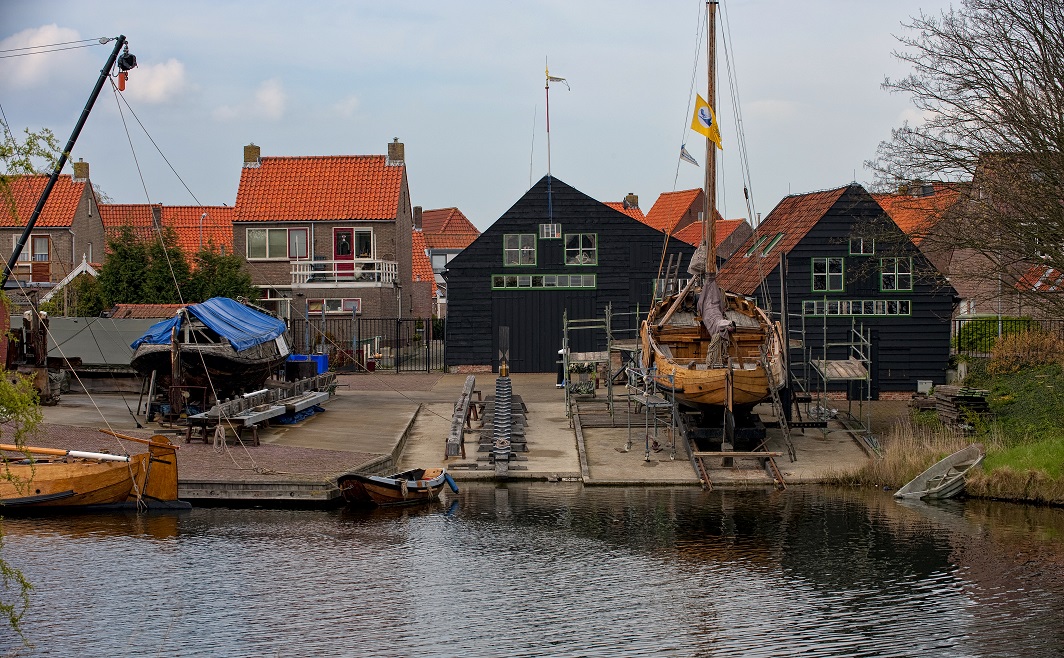
Final CHERISH conference on 8 November 2022 in Middelburg
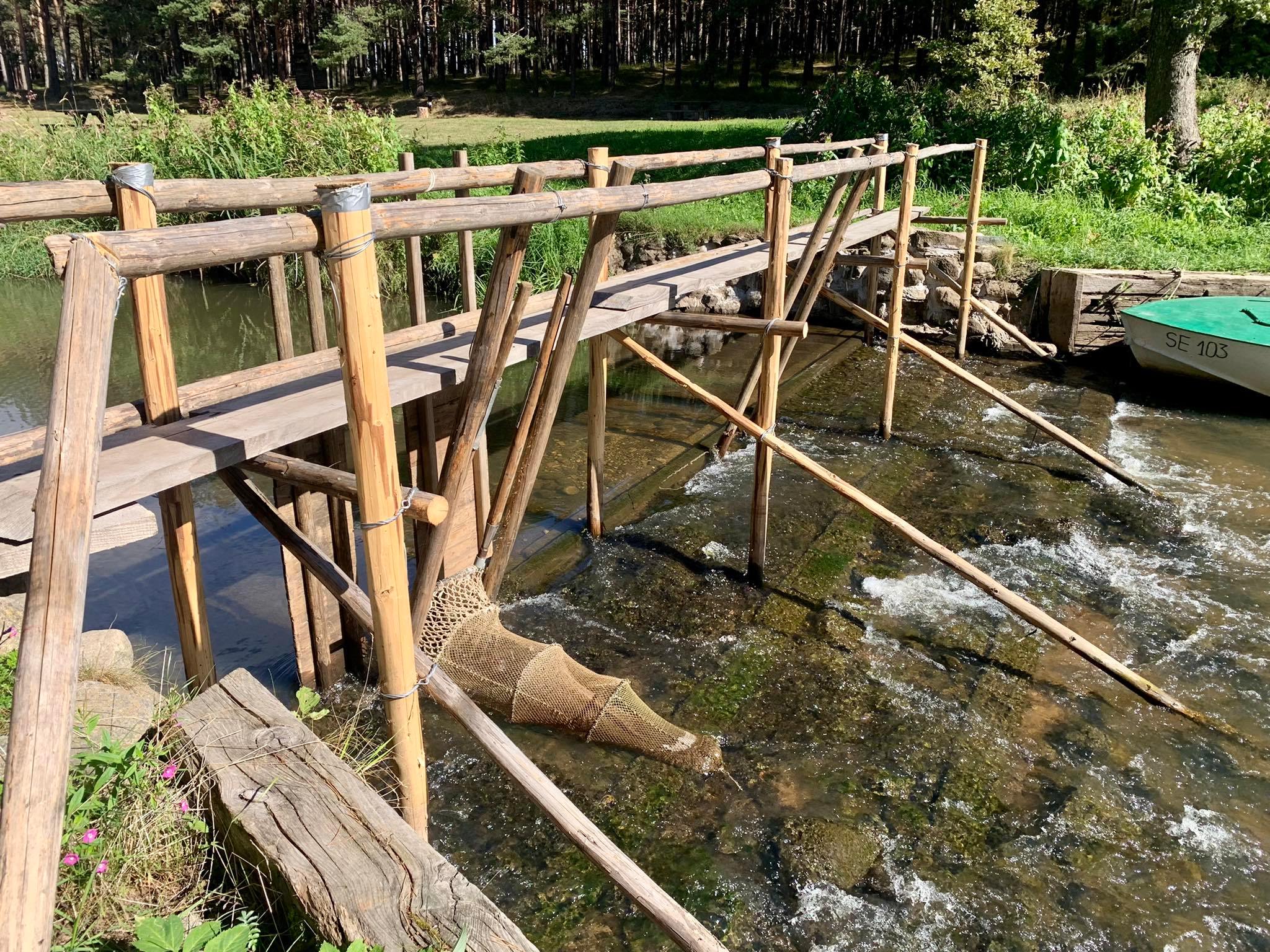
Riga Planning Region hosted CHERISH project partners from the Municipality of Kavala (Greece), the Abruzzo Region (Italy) and Snowchange (Finland)
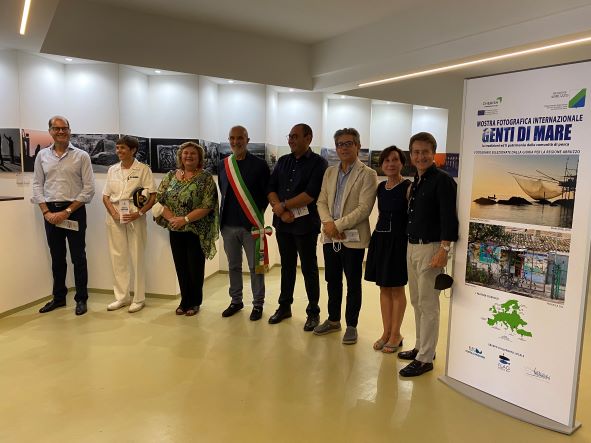
Abruzzo Region is hosting the touring photo exhibition named «Fishing Communities’ Heritage»
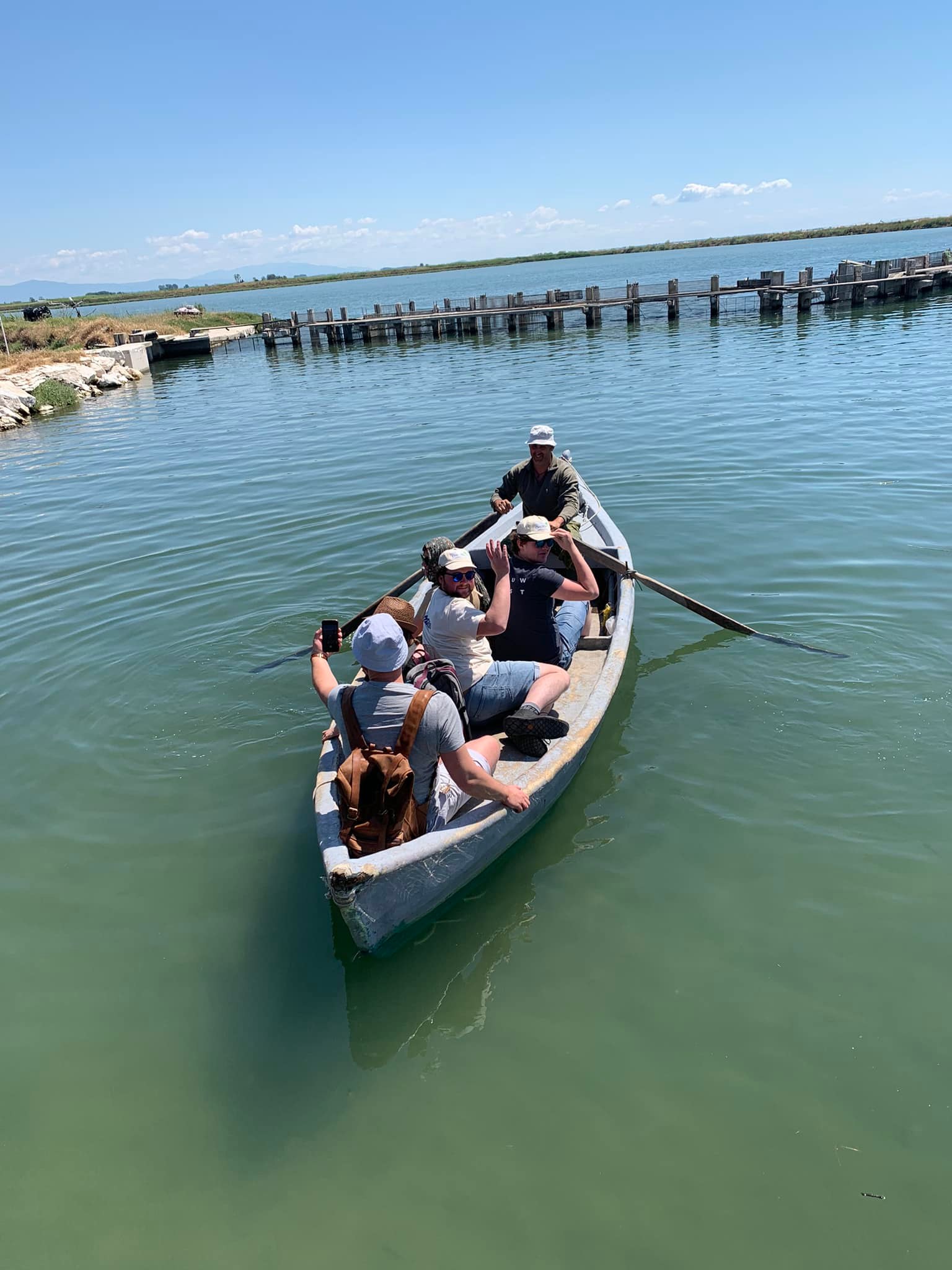
Fruitful Good Practice event in Kavala, Greece
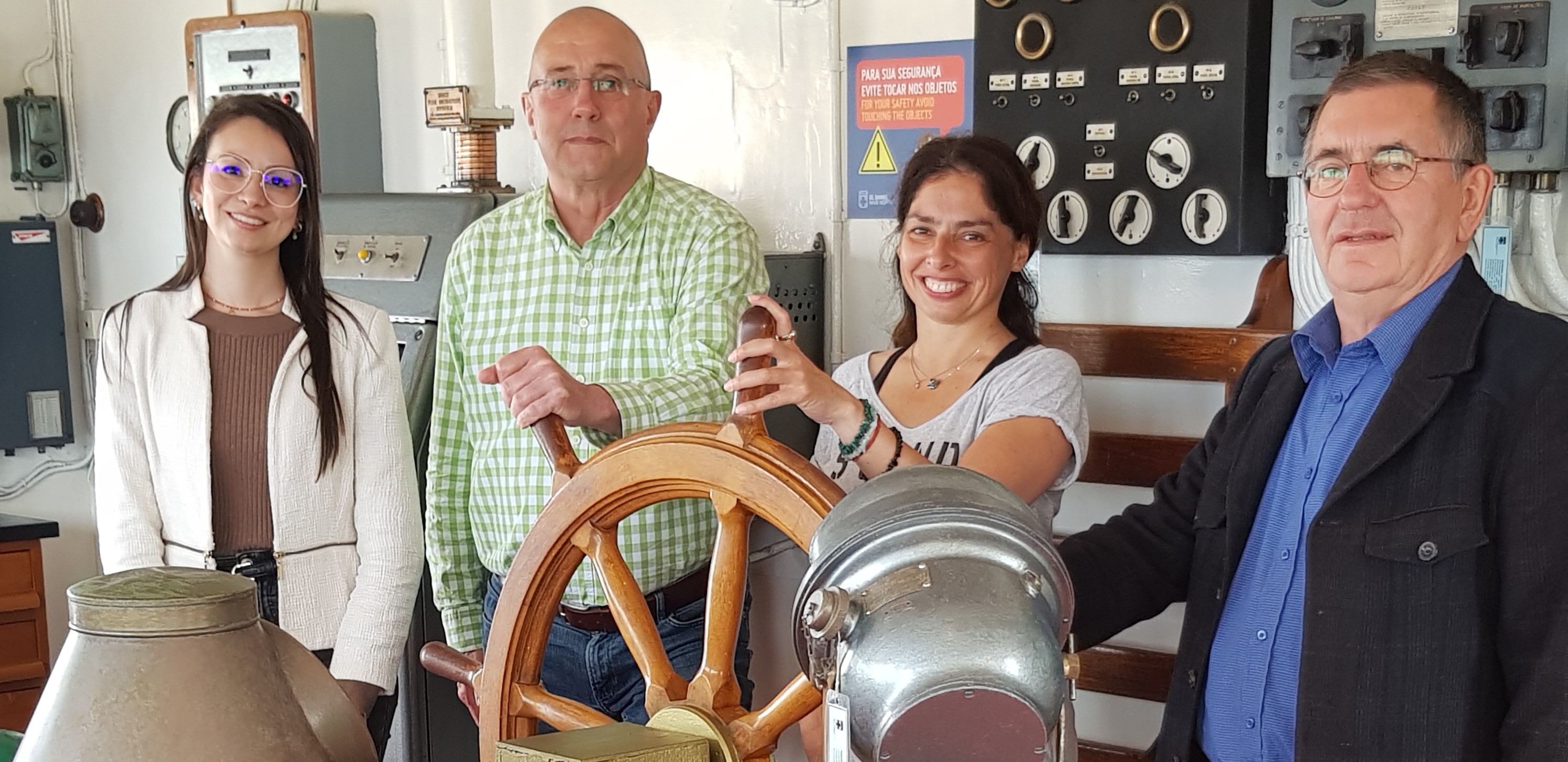
Partners Cim Alto Minho and Middelburg discuss in-depth the platform Lugar do Real
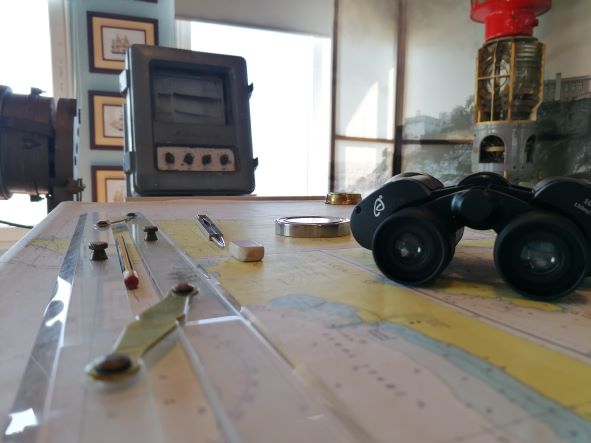
On the 5th of May 2022, the Municipality of Kavala held a Regional Stakeholder Group Meeting in the Naval Museum of Kavala
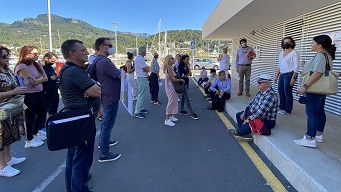
Consell de Mallorca as partner of CHERISH project organised the fifth Interregional Learning and Exchange of Experience Event (ILEEE 5) in October 2021
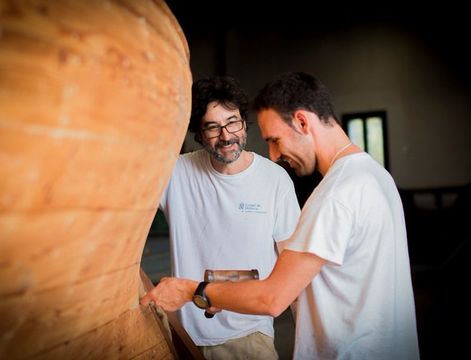
The CHERISH Interregional Learning and Exchange of Experience Event (ILEEE) takes place in Palma (Mallorca, Spain) in October 19-20 2021.
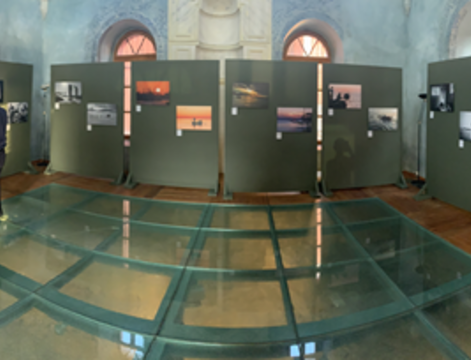
Three Good Practices